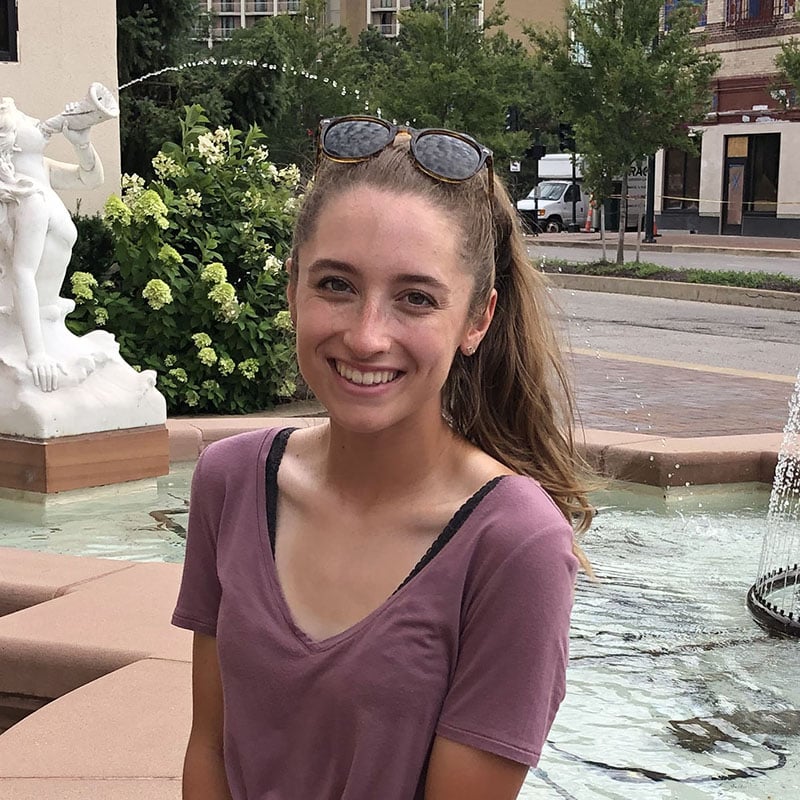Psychology Major (BA, BS)
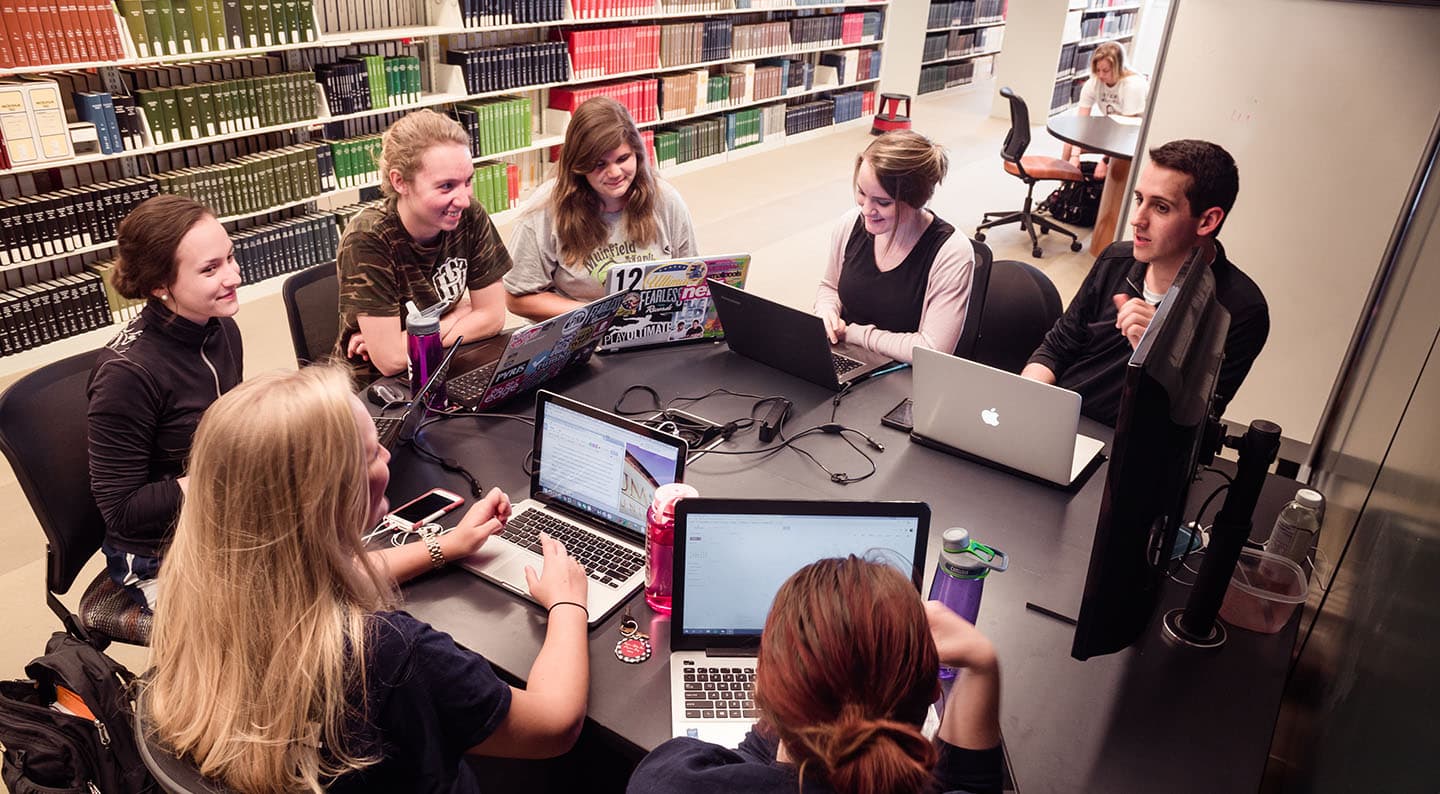
As a psychology major, you can learn how to better understand human behavior. Employing the scientific method and statistical inference and analysis, you can develop techniques for gathering and accessing data to gain psychological insight. The flexibility of this major lets you build a learning experience tailored to your needs and interests. Faculty specializations in the Psychology and Counseling Department include:
- Depression
- Biofeedback
- Memory
- Perception
- Personality
- Neuroscience
- Well-being
Follow the Psychology Pathway of Your Choice
Students in Truman’s Psychology Program have the flexibility to design their major around their own interests and career goals. The following are some popular specializations that you can pursue, or you can design your own with the help of your Psychology advisor.
Students interested in neuroscience can earn a B.S. degree in Psychology with a minor in Cognitive Science. Courses related to this field include: PSYC 321 Physiological Psychology, PSYC 370 Human Sensation & Perception, PSYC 430 Psychopharmacology, PSYC 444 Cognitive Science, IDSM 431 Cognitive Science Readings, BIOL 333 Introduction to Neurobiology, and JINS 3001 An Interdisciplinary Exploration of Human Consciousness
Students interested in developmental psychology can earn either a B.A. or a B.S. degree in Psychology along with an interdisciplinary Child Studies minor. Courses related to this concentration include: ENG 415 – Literature for Children, IDSM 432 – Child Studies Capstone, JUST 332 – Juvenile Delinquency, PSYC 332 – Child Development, PSYC 337 – The Autism Spectrum, PSYC 437 – Attachment Theory, PSYC 471 – Internship: Psychology, and SED 530 – Psychology of the Exceptional Child
Students interested in forensic psychology can earn a B.S. degree in Psychology along with a minor or major in Justice Systems. Several related internships are also available. Courses related to this preparation include: PSYC 333 Psychology of Personality, PSYC 366 Psychology of Abnormal Behavior, PSYC 368 Psychological Testing, PSYC 412 Introduction to Clinical Psychology, PSYC 471 – Internship: Psychology, JUST 281 Introduction to Forensic Science, JUST 332 – Juvenile Delinquency, JUST 331 Criminology, and JUST 335 The Rehabilitative System
Students interested in Research can earn a B.S. degree in Psychology along with a minor in Statistics. Courses related to this preparation include: PSYC 266 Experimental Psychology, PSYC 380 Quantitative Research Design & Analysis, PSYC 441 – Research Practicum in Psychology, PSYC 466 Psychological Research Capstone, STAT 330 Intro to Linear Models. Additional research opportunities such as the McNair Scholars and TruScholars programs are also available to qualified students.
Students interested in Clinical/Counseling psychology can earn either a B.A. or a B.S. degree in Psychology. Some choose to enhance their degree with a minor in Disability Studies. Courses related to this subfield include: PSYC 369 Behavior Modification, PSYC 333 Psychology of Personality, PSYC 366 Psychology of Abnormal Behavior, PSYC 368 Psychological Testing, PSYC 412 Introduction to Clinical Psychology, PSYC 430 Psychopharmacology, PSYC 445 Positive Psychology, and PSYC 446 Romantic Relationships.
Career Paths
The psychology major prepares you for graduate programs in areas of psychology including clinical, cognitive, developmental, educational, experimental, industrial/organizational, and social and personality. It also prepares you for related career fields of counseling, social work, education, neuroscience, public health, and urban/regional planning.
Notable graduate schools include:
- University of Missouri - Columbia
- University of Illinois at Urbana-Champaign
- University of Iowa
- University of Missouri - Kansas City
- University of Missouri - St. Louis
- Truman State University
- Washington University
Featured Courses
Opportunities and Experiences
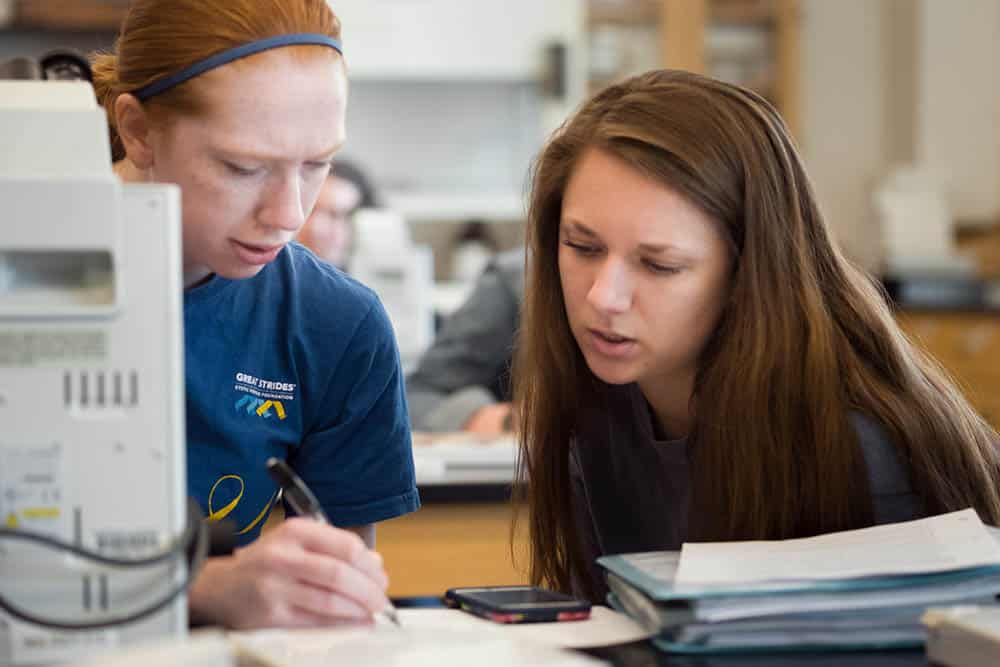
Research Opportunities
As a psychology major, you can explore research topics such as the effectiveness of study techniques, information storing habits of bilingual people, the effectiveness of antidepressants, social media happiness, and more.
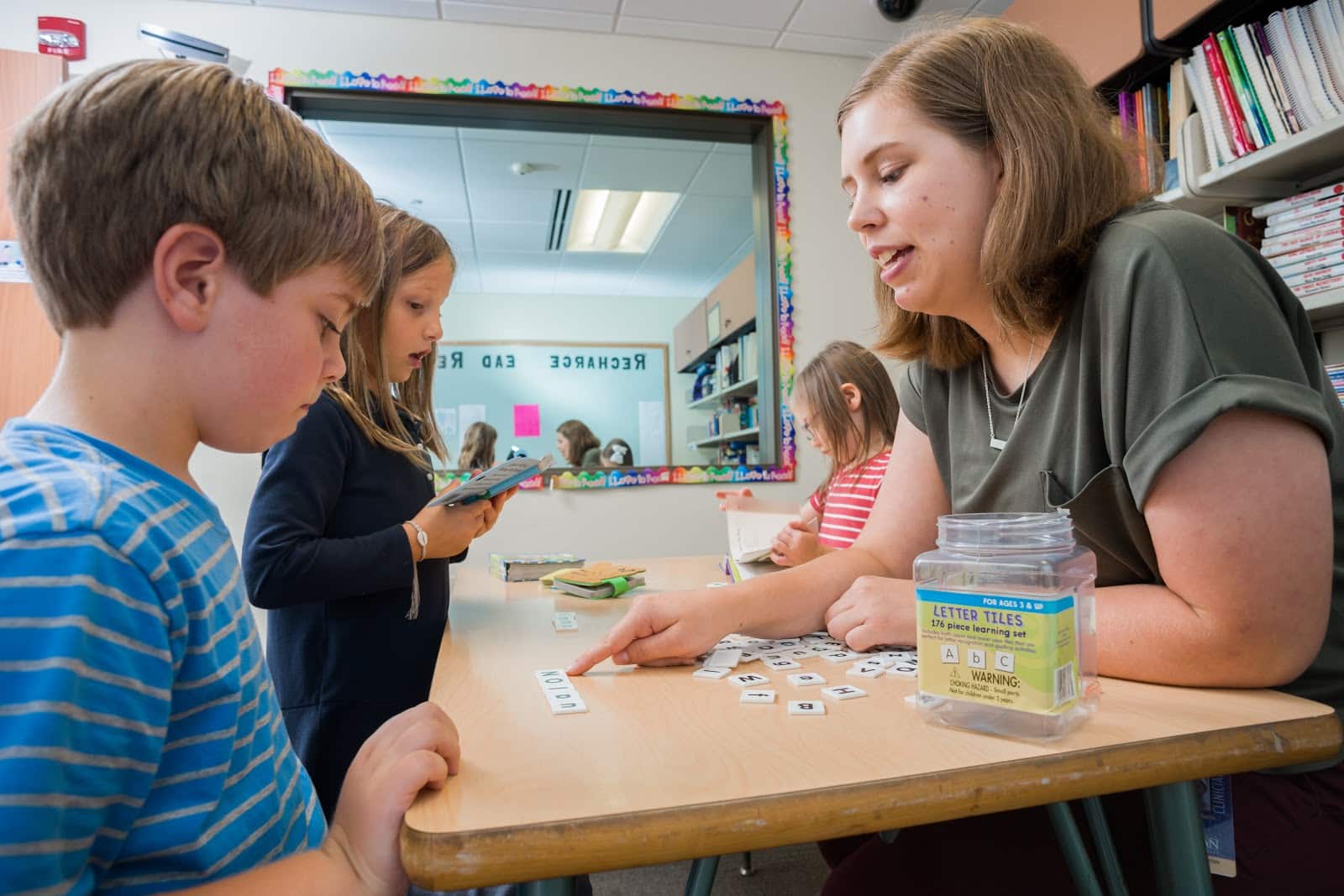
Internships
Psychology interns often assist professionals in mental health, social service, business, research, government, and medical settings. Notable internship opportunities include:
- American Red Cross
- A.T. Still University
- Department of Children & Family Services
- Missouri Institute of Mental Health
- Preferred Family Healthcare
- Great Circle Behavioral Health Services
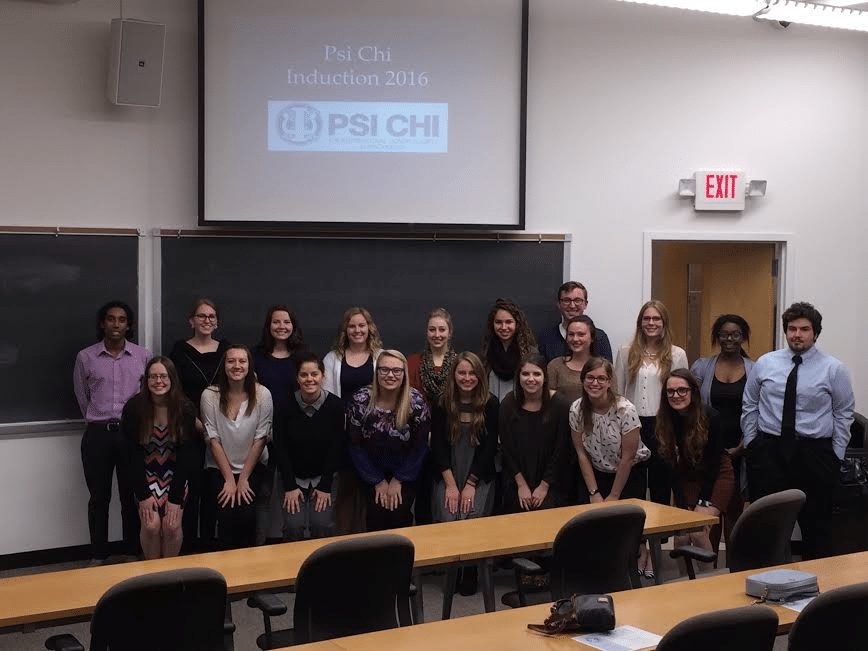
Student Organizations
At Truman, you can join organizations such as Psi Chi, a national honor organization, and Psych Club which provides an opportunity for students to exchange ideas in the field of psychology.
